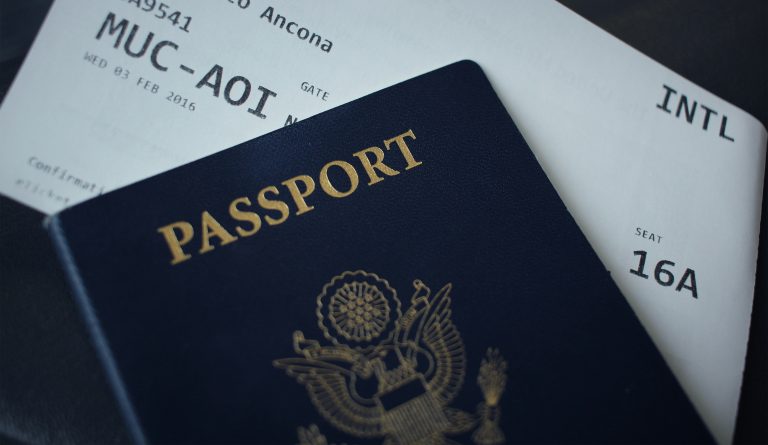Hiring In Germany: Where To Start?

Before diving into the process of hiring employees in Germany, it’s essential to grasp the legal intricacies of the country.
A good grasp of the law provides good protection not only to the company but also to the employees. In this article, we will dive deep into laws, employment benefits, and even German culture.
Compensation Laws
In Germany, compensation laws govern minimum wage requirements as well as other additional benefits offered by employers.
The Minimum Wages Act mandates a minimum hourly wage, with employers required to determine and include overtime pay in employment contracts.
As of January 2024, the hourly minimum wage is at €12.41.
While additional monetary compensation, such as 13th-month pay and performance bonuses, is common, it is not mandatory under German law.
Working Hours and Leave Entitlements
German employment laws dictate working hour limits and leave entitlements to ensure employee well-being and work-life balance.
The typical work week in Germany spans 40 hours, with provisions for overtime work under specific conditions. Additional annual leaves may be offered by employers, further enhancing employee benefits and welfare.
German Social Security
Employers in Germany are obligated to calculate and withhold social security deductions, including health insurance and pension contributions.
Compliance with the Pay-As-You-Earn (PAYE) model ensures accurate deductions and contributions, fostering financial stability for both employers and employees.
To have a smoother processing, and eliminate any intricacies to employers, hiring an Employer of Record (EOR) can significantly help.
Termination
Under German law, terminating an employment relationship requires a compelling reason.
There are only a few grounds for dismissal under the Protection against Unfair Dismissal Act. Some of these reasons are the persistent refusal to work, offensive comments, or criminal offenses.
Now that we have a good picture of the different laws that are regulated in Germany, let’s talk about the people themselves. What culture does Germany have when it comes to their work environment?
Workforce Diversity
Over the years, Germany has seen an increase in diversity in their corporate culture. Moreover, they even have a German Diversity Charter, or Charta der Vielfalt, which was launched in 2006 to initiate the notion of workforce diversity
Immigration Nation
The workforce diversity didn’t come about from a vacuum, the immigrant culture of Germany provided the inclusivity and proactive approach to address the people that entered the country.
Punctuality
Germany embraces punctuality. Moreover, time is precious in their culture, which is why it is necessary to be prepared when meetings arise.
Efficiency
Germany’s culture leans more toward high efficiency. Individuals need to be straight to the point and remove any unnecessary words when doing meetings.
Work-life Balance
There are some instances that when you go home, you still work. But not in Germany. Germans draw the line with their work and private life.
Foundational Factors
Beyond legal compliance, establishing a robust infrastructure is crucial for hiring in Germany.
This includes setting up a physical office or workspace, procuring necessary equipment and technology, and implementing HR management systems.
Understanding Collective Agreements
Navigating collective agreements, or Tarifverträge is essential for compliance with industry-specific regulations and standards.
These agreements, negotiated between employers’ associations and trade unions, govern various aspects of employment.
Familiarity with applicable collective agreements ensures fair treatment of employees and minimizes the risk of legal disputes or labor unrest.
Recruitment Strategies
Tailoring recruitment strategies to the German market involves understanding cultural preferences and other aspects of the country.
Leveraging local recruitment channels provides better odds of finding competent and high-quality employees. Moreover, crafting job descriptions and conducting interviews that resonate with German candidates enhances the effectiveness of recruitment efforts and promotes employer branding.
Comprehensive Onboarding Process
A well-designed onboarding process is instrumental in integrating new hires into the organization and fostering employee engagement and retention.
With processes such as comprehensive orientation, assigning mentors or buddies, and other factors, facilitate a smoother transition for soon-to-be employees.
Additionally, introducing newcomers to the company culture, values, and expectations cultivates a sense of belonging and commitment from the outset.
In conclusion, navigating the complexities of hiring in Germany requires a comprehensive understanding of legal obligations, compensation laws, and cultural dynamics.
Employers must always take into factor the different aspects of hiring employees, not just exclusively in the German market, but employment as a whole.
Adhering to the laws as well as analyzing the German culture, would provide a better chance of not only retaining employees but fostering a culture of positivity in the company.
Global People is a leading local employment solutions provider for national and international corporations and can advise and escort you in your next destination.
eLearning






